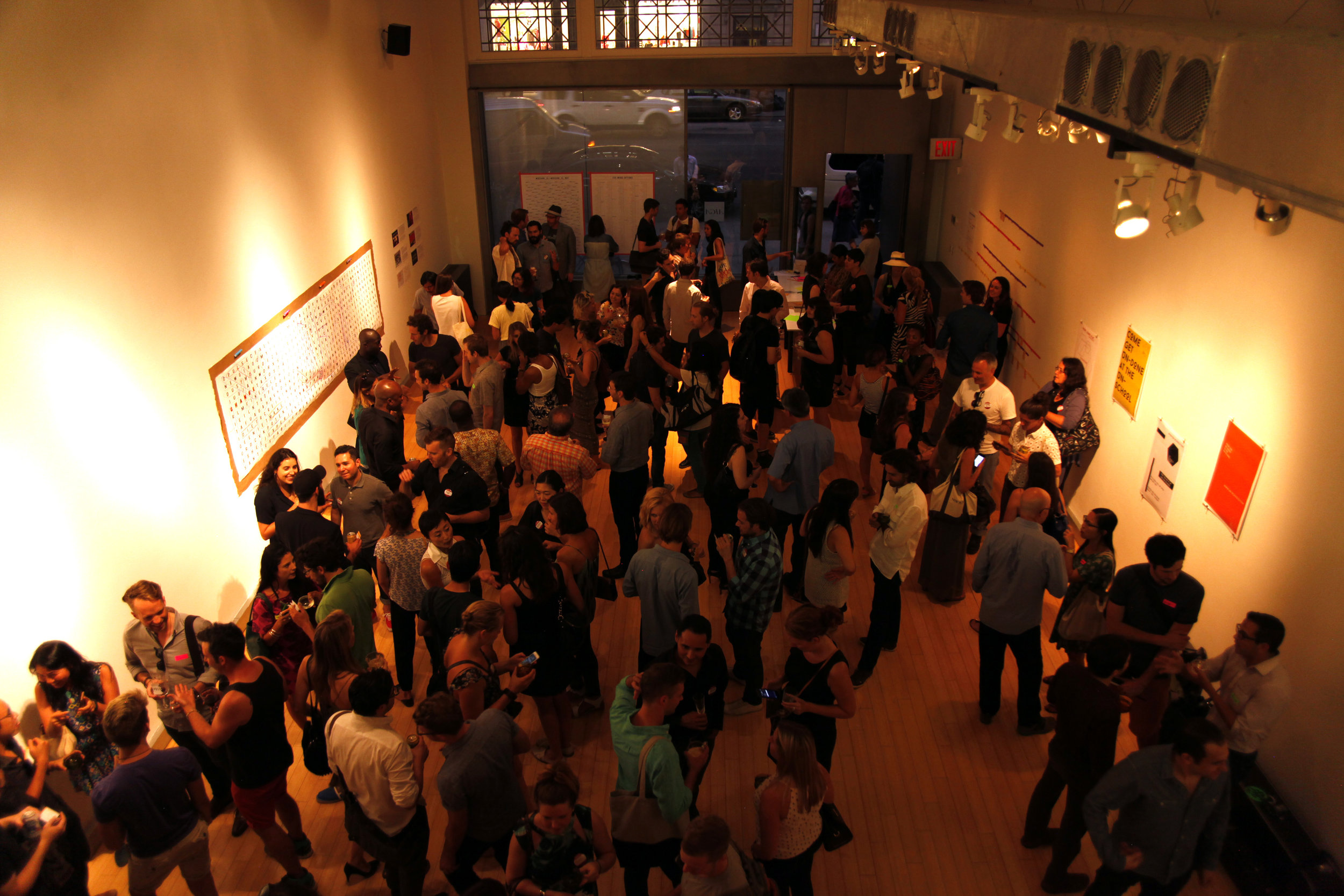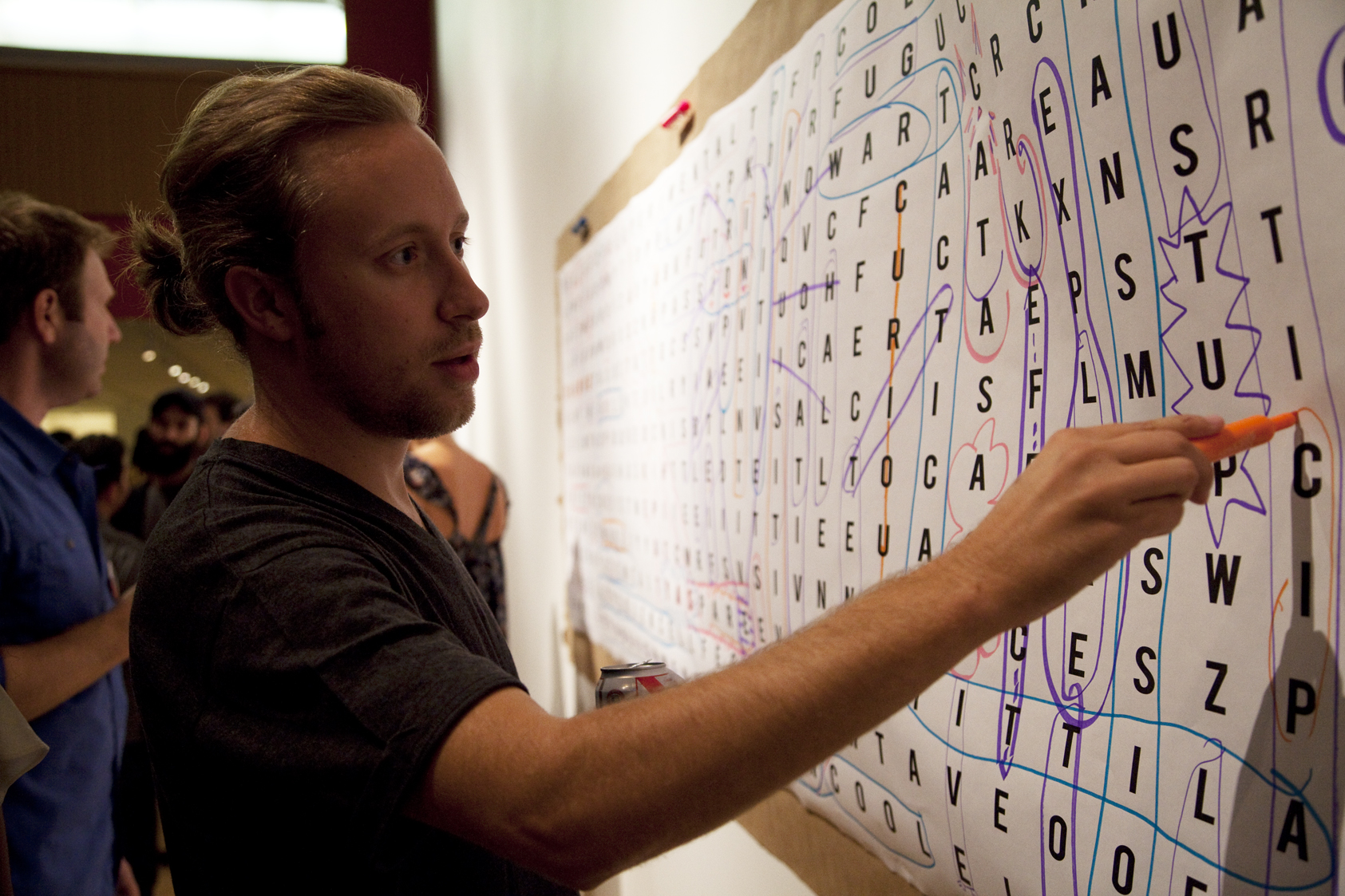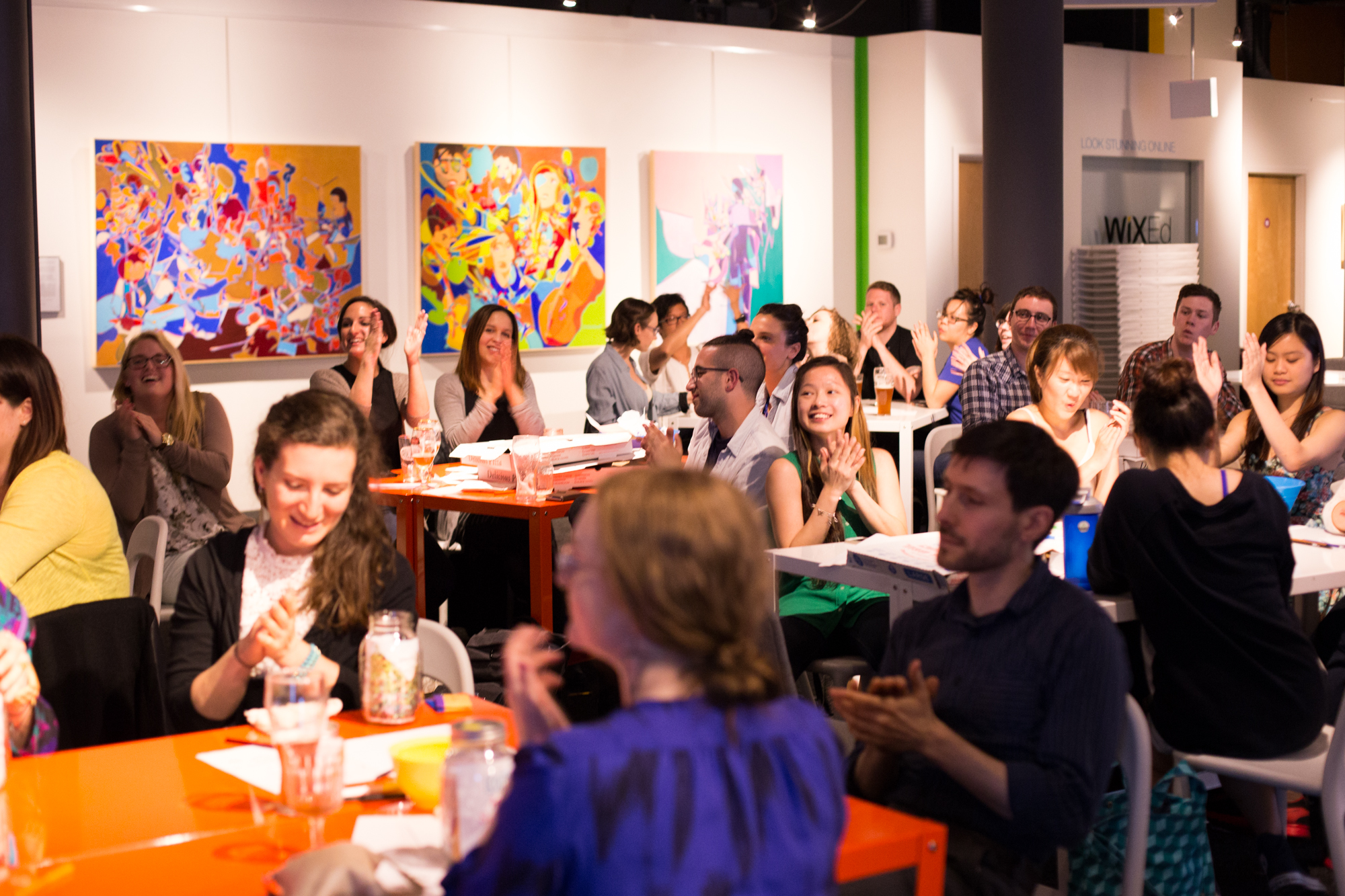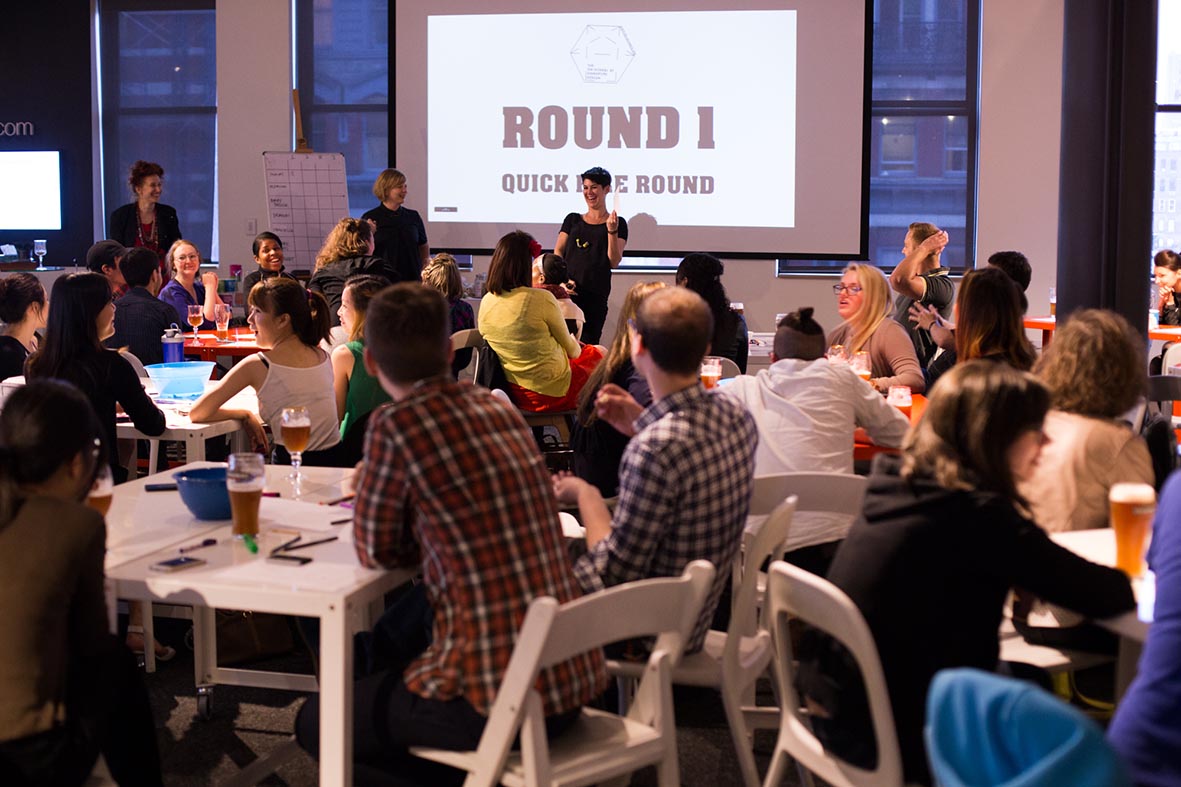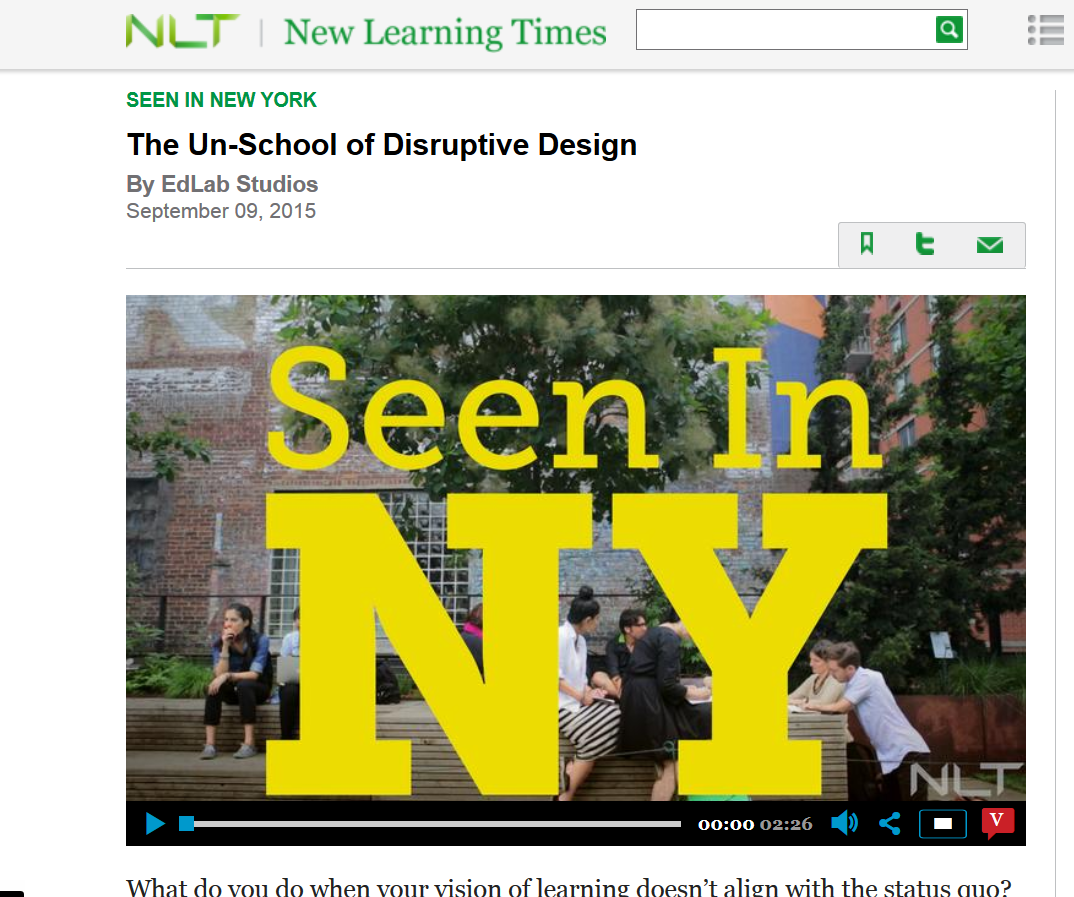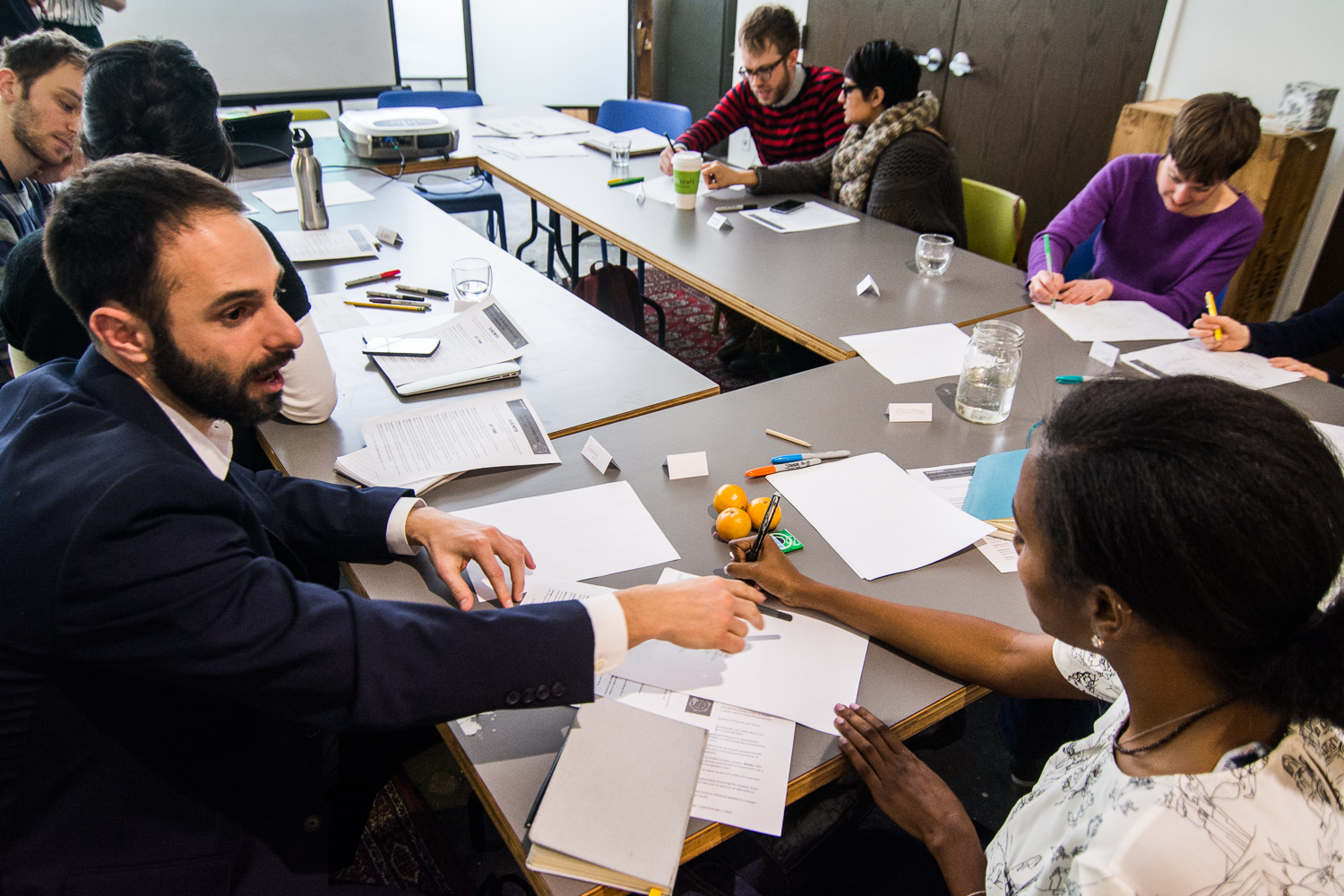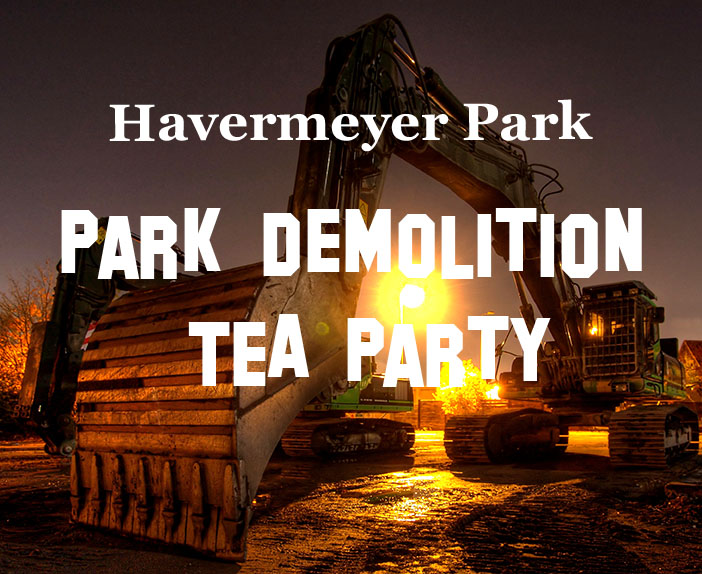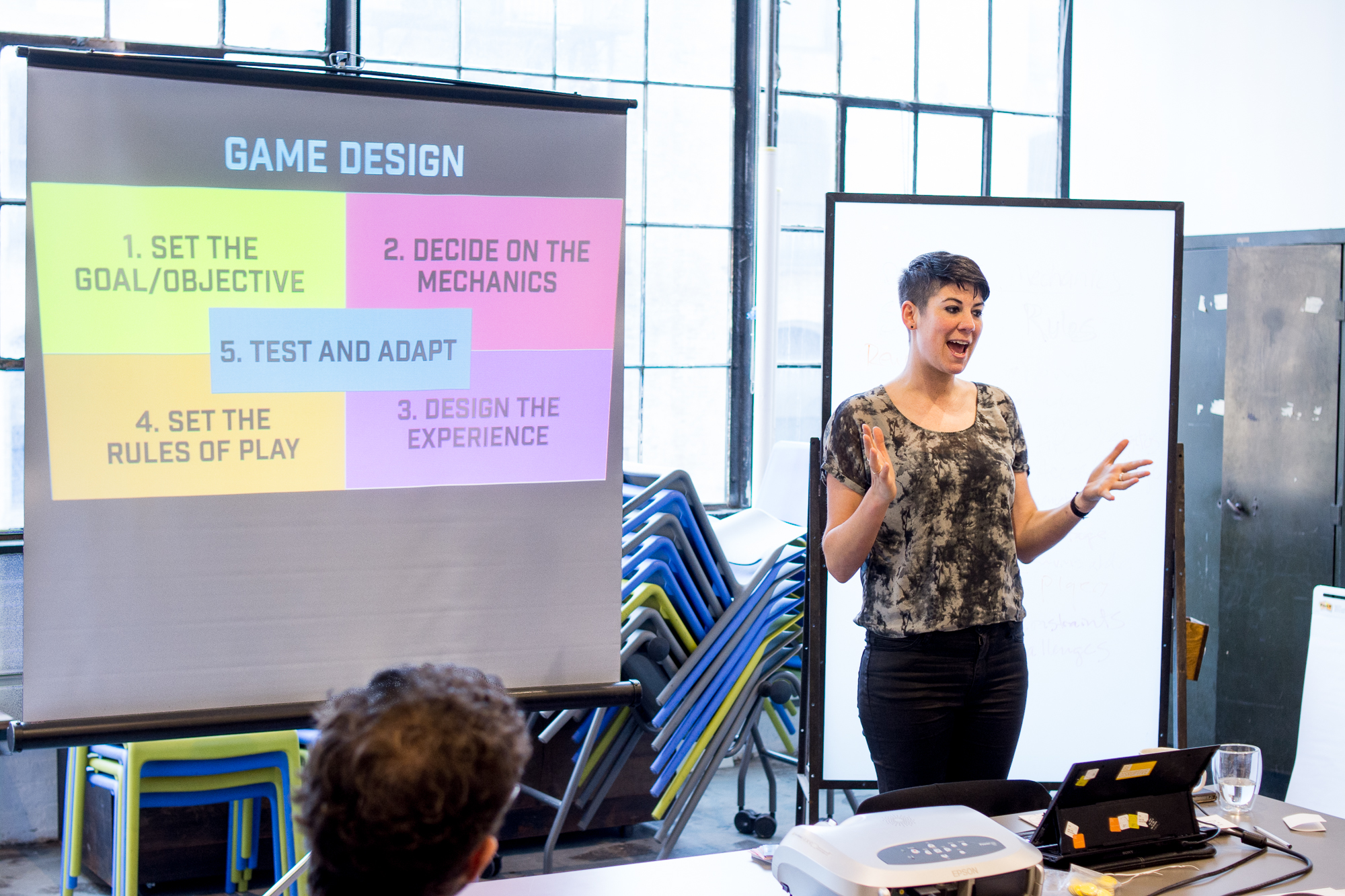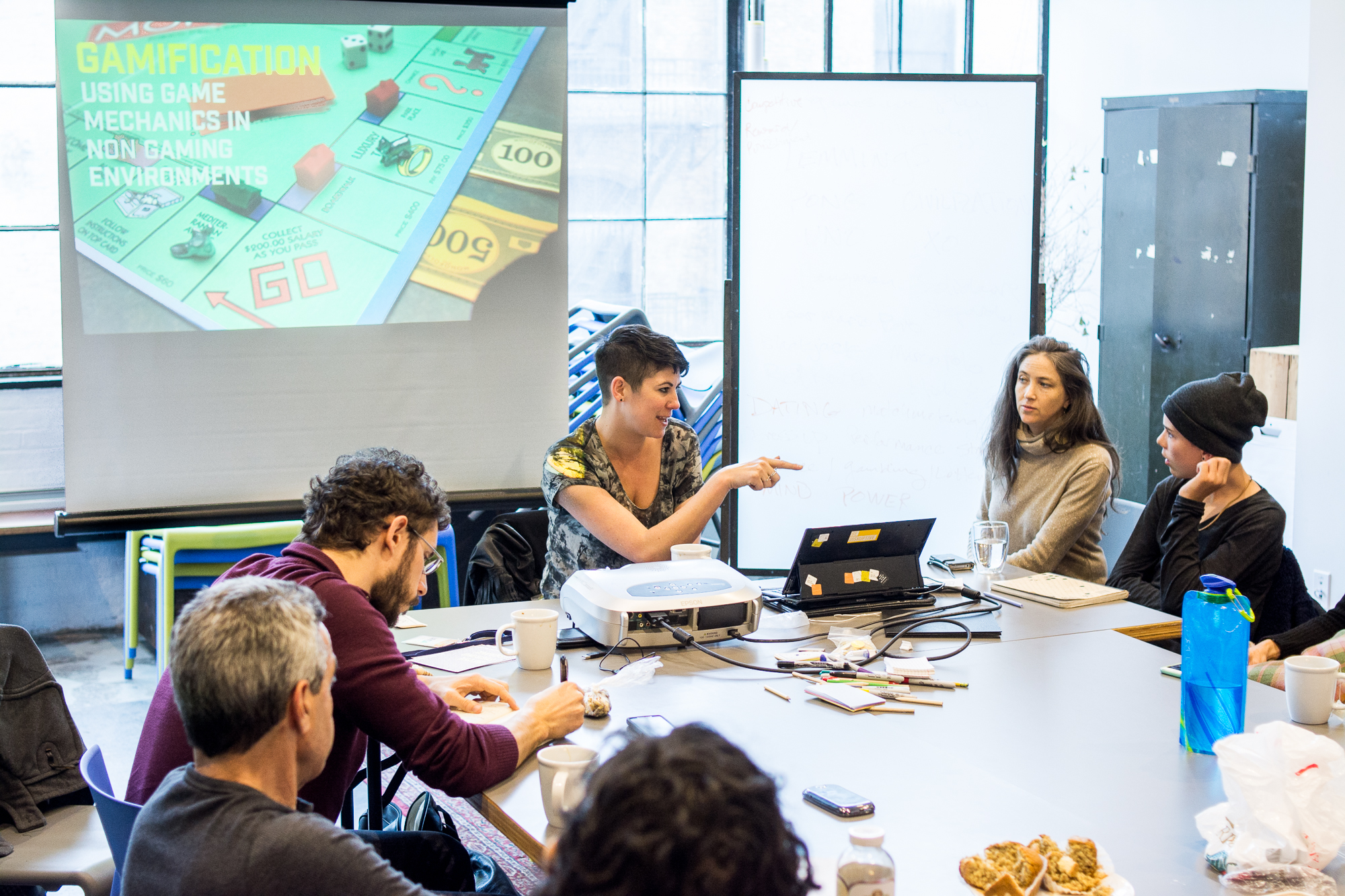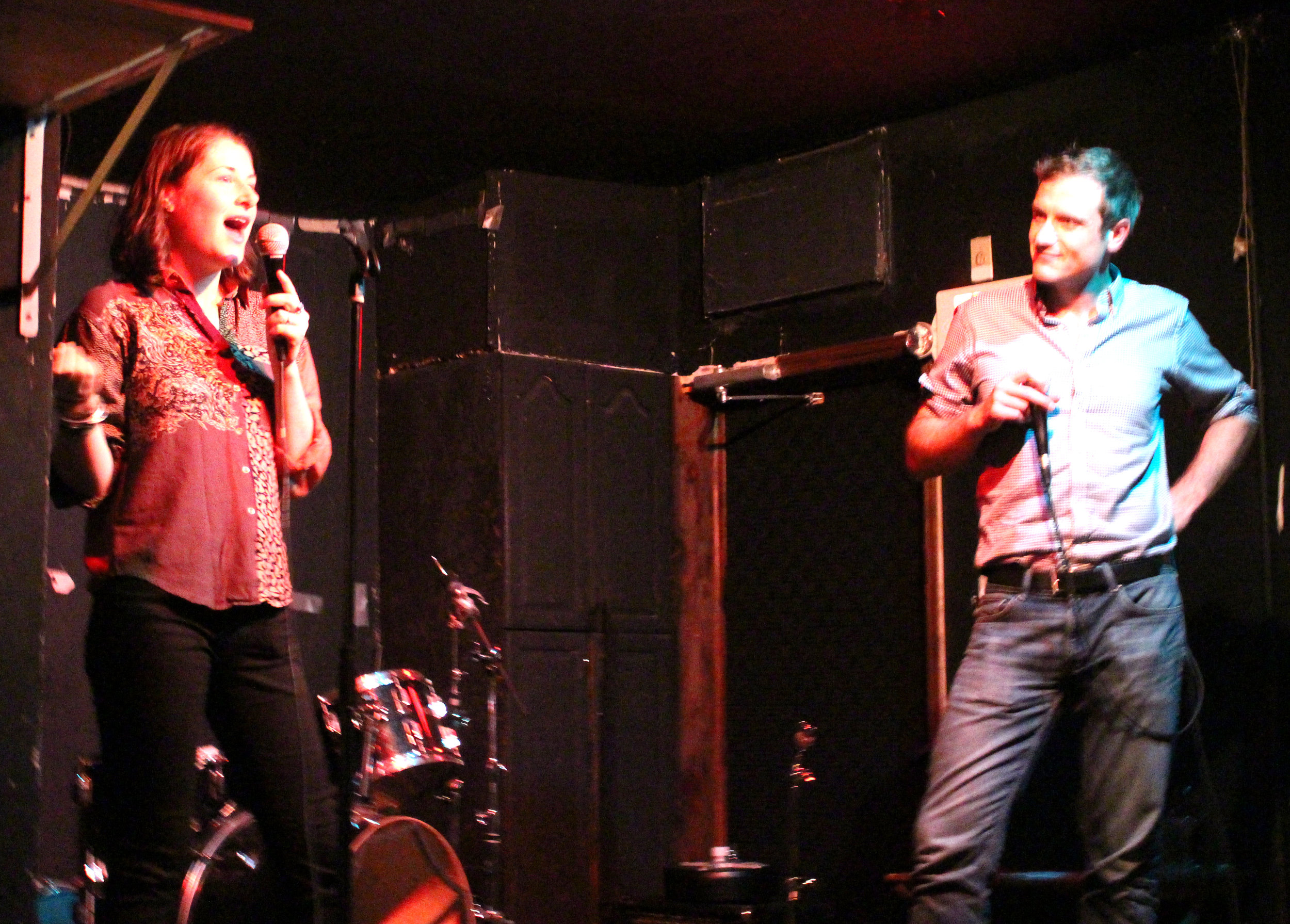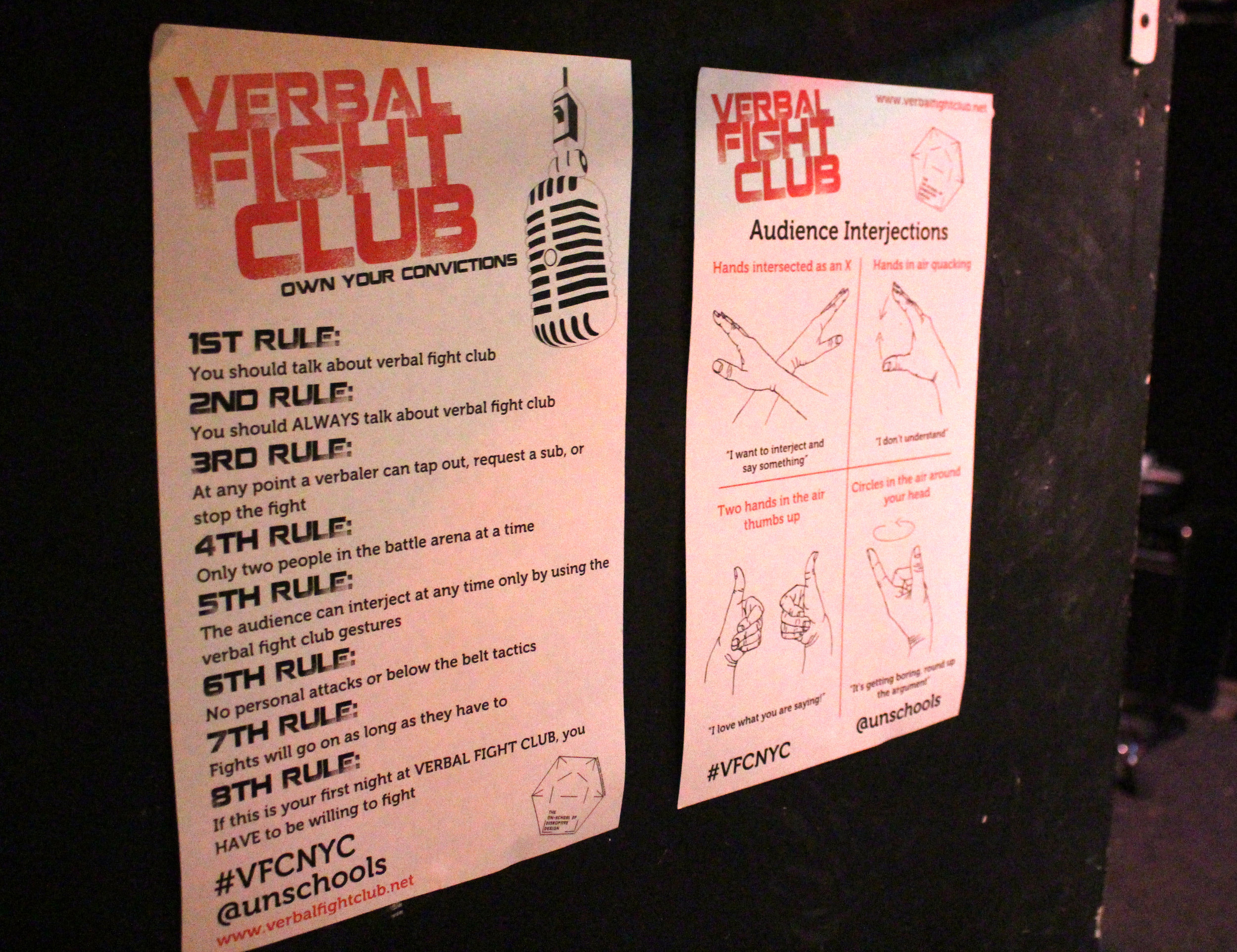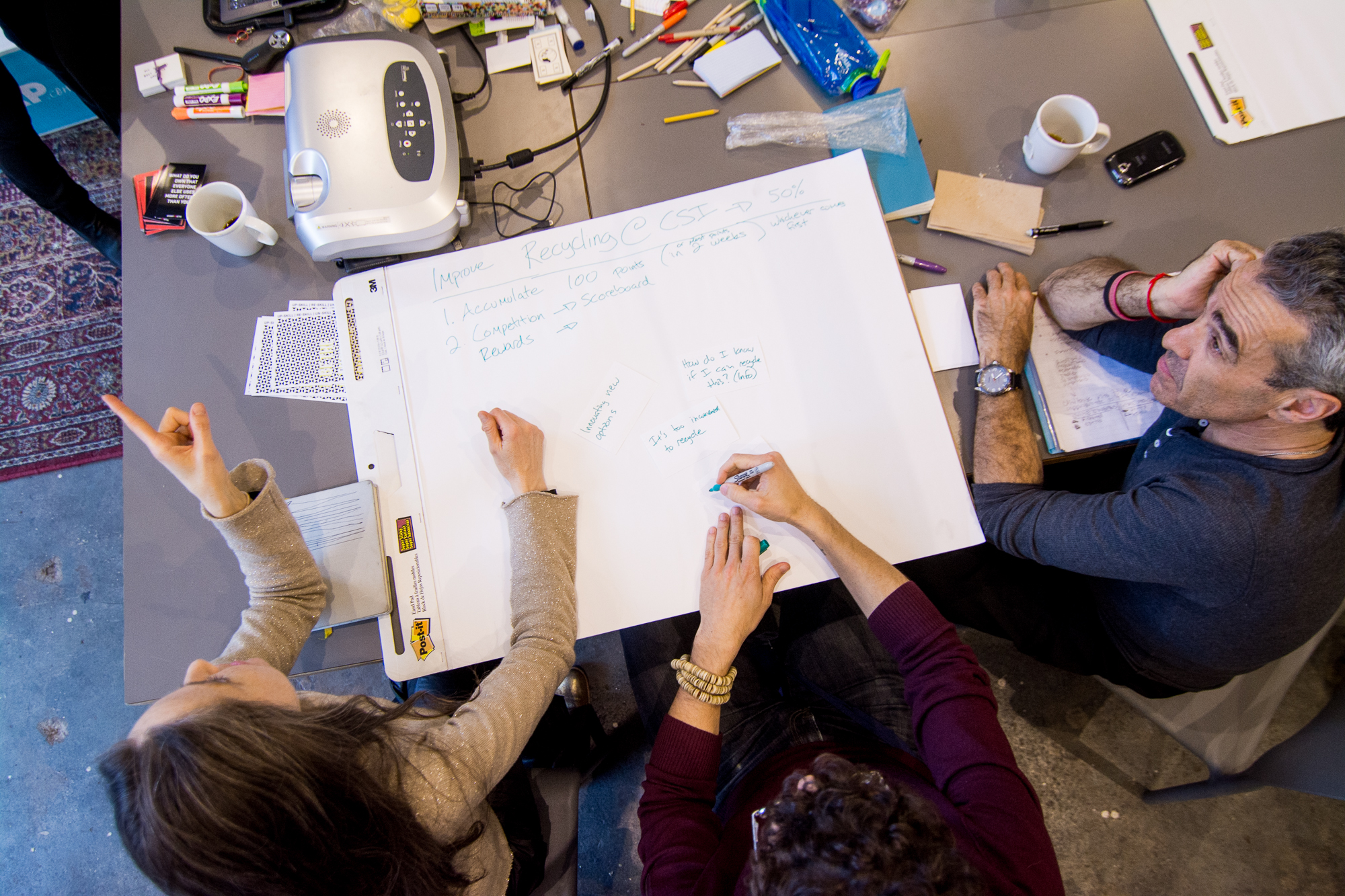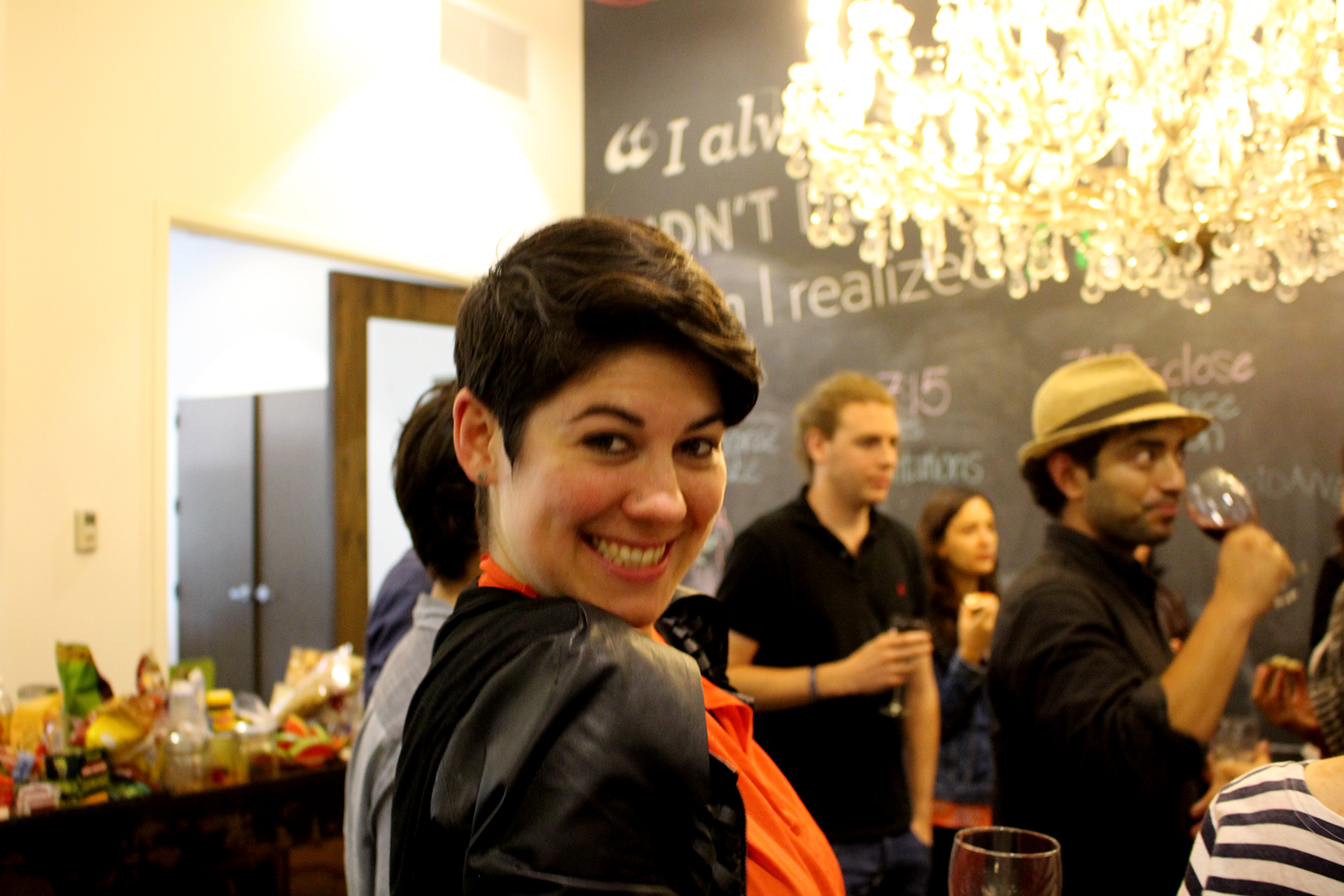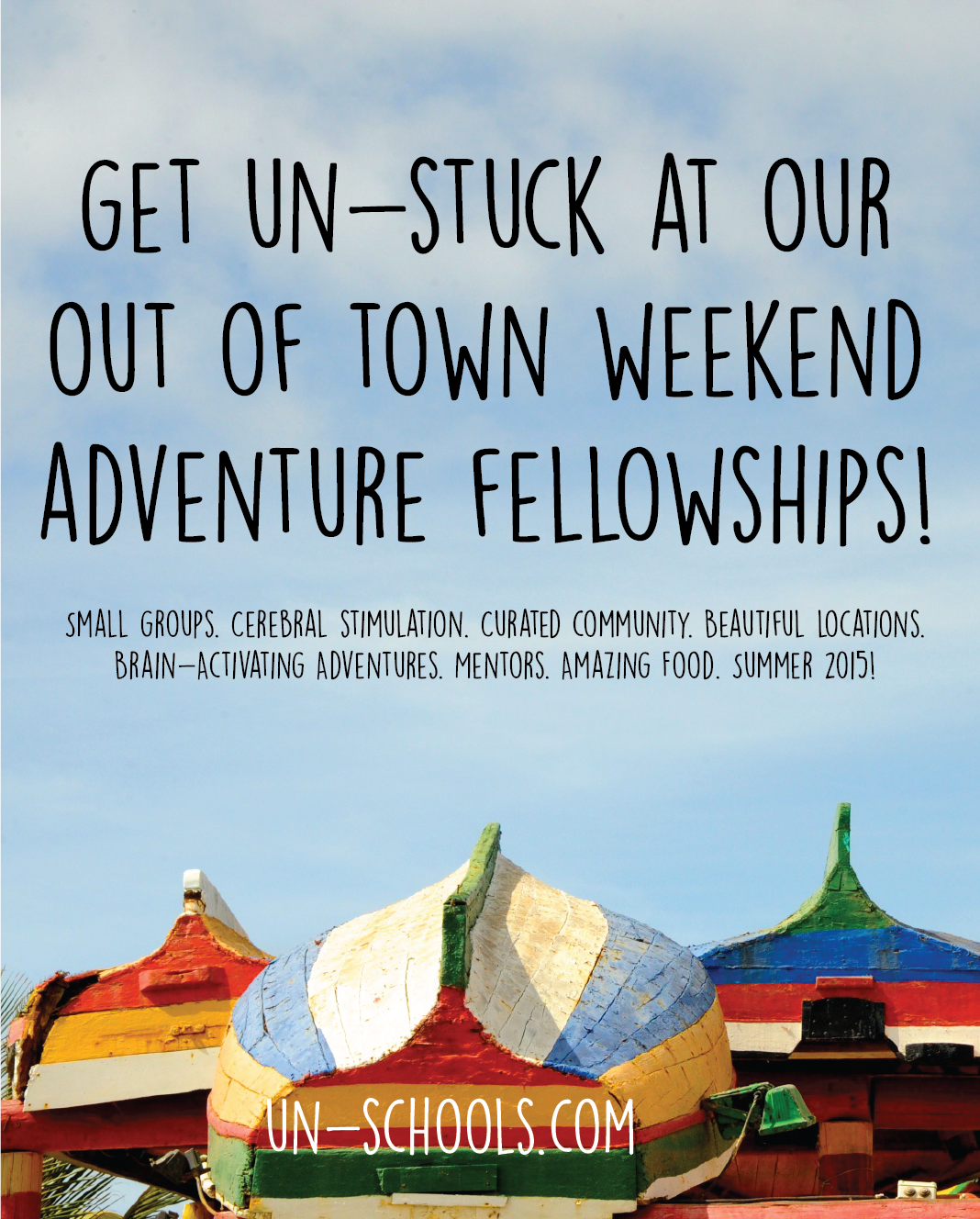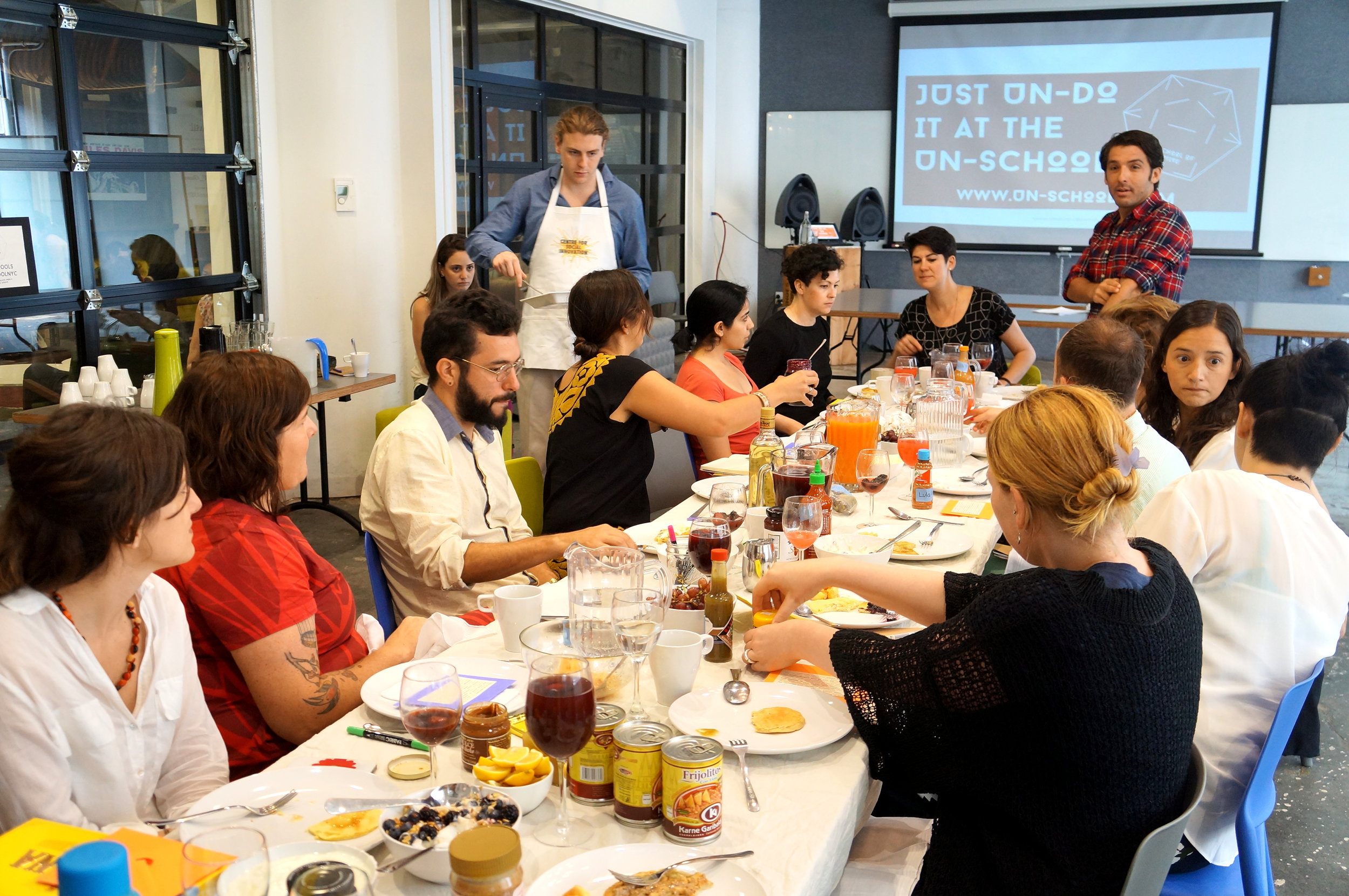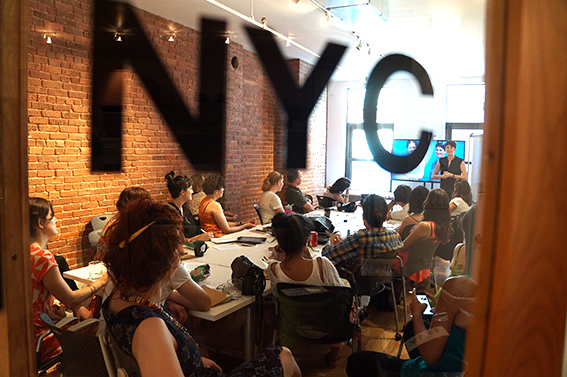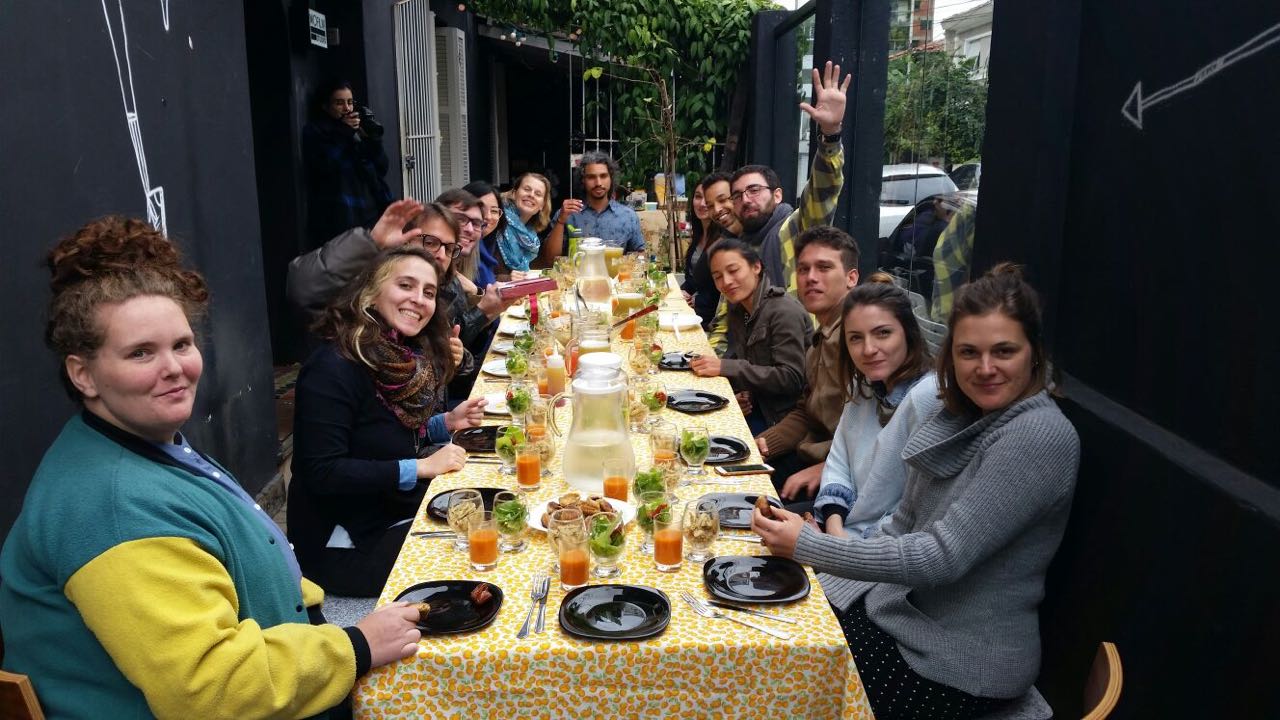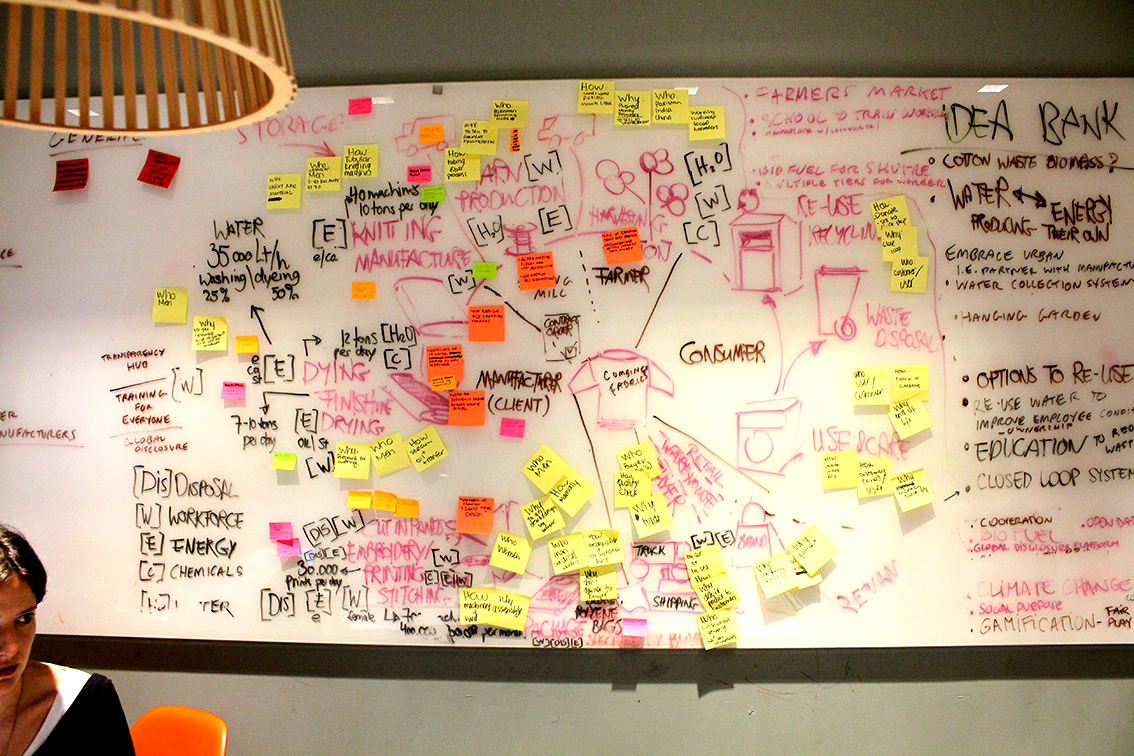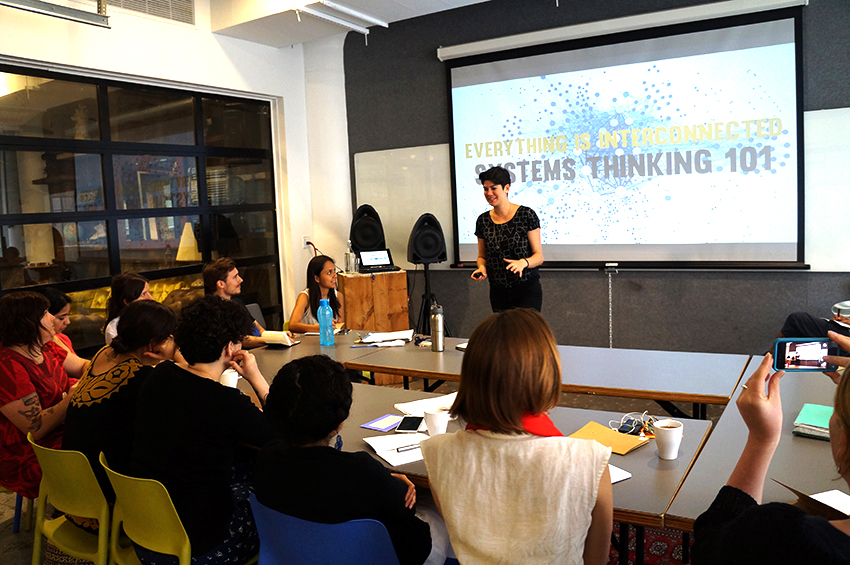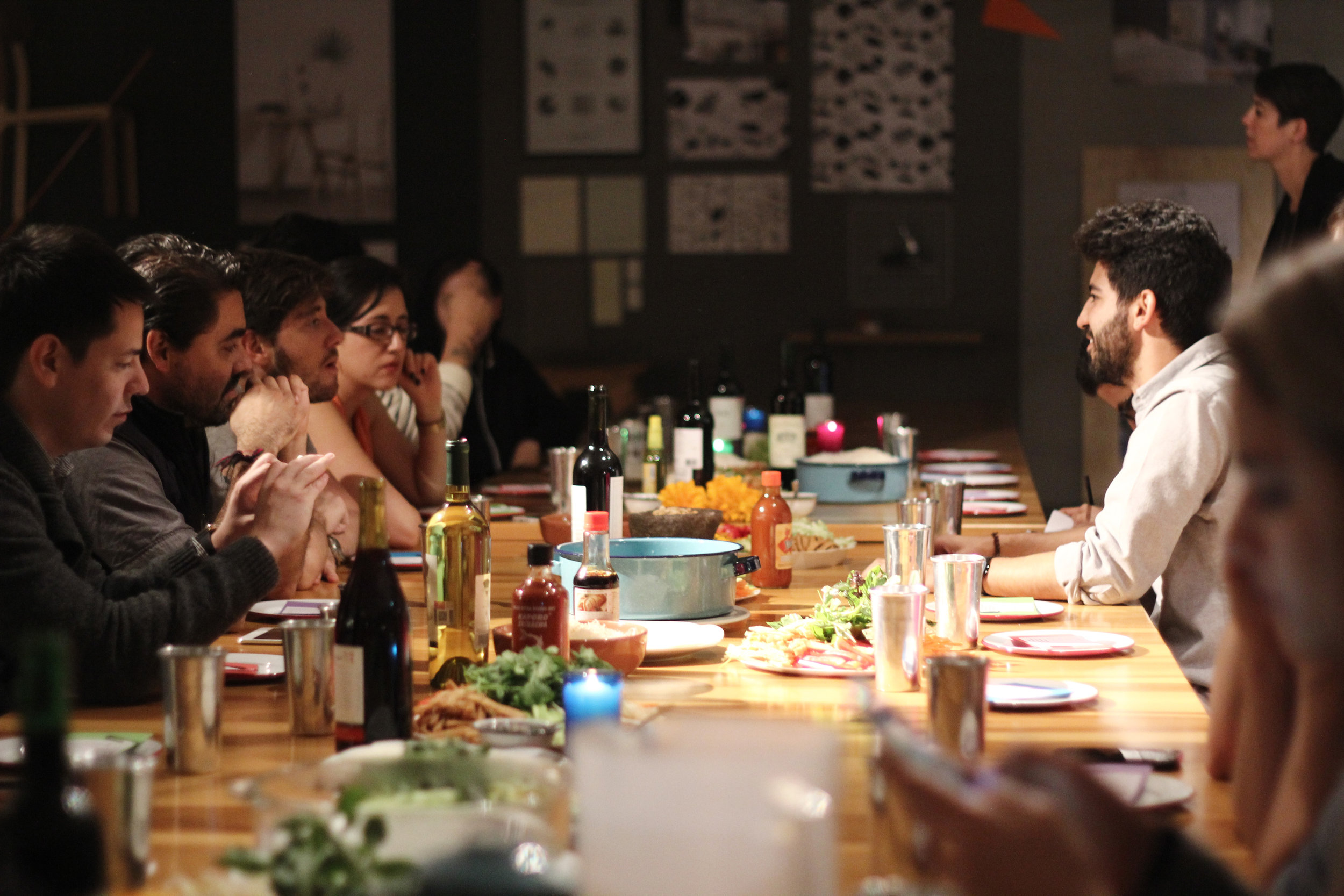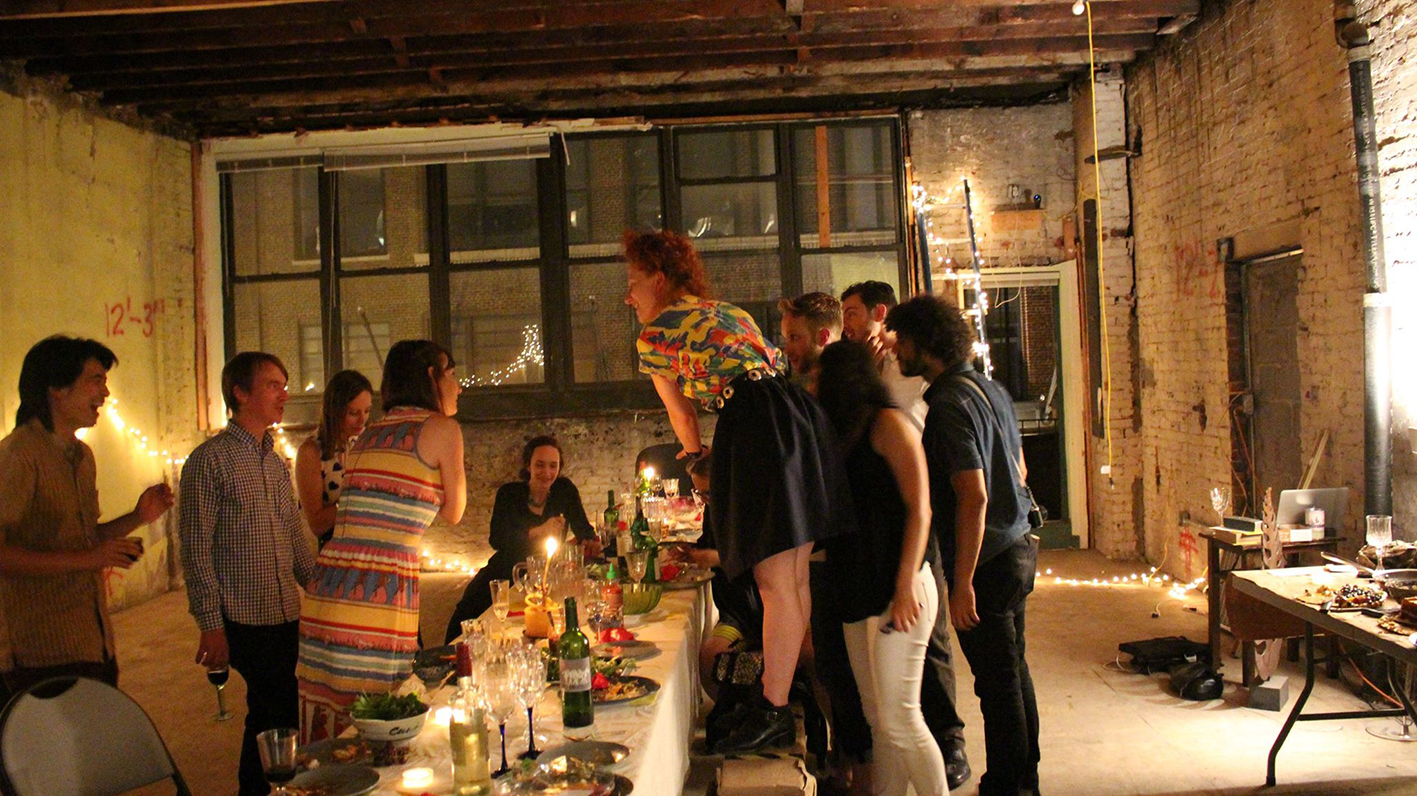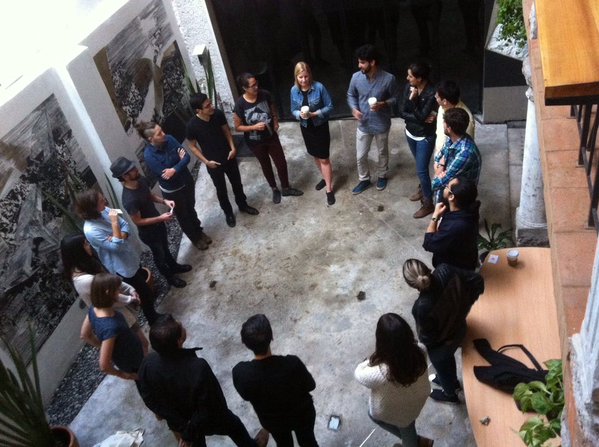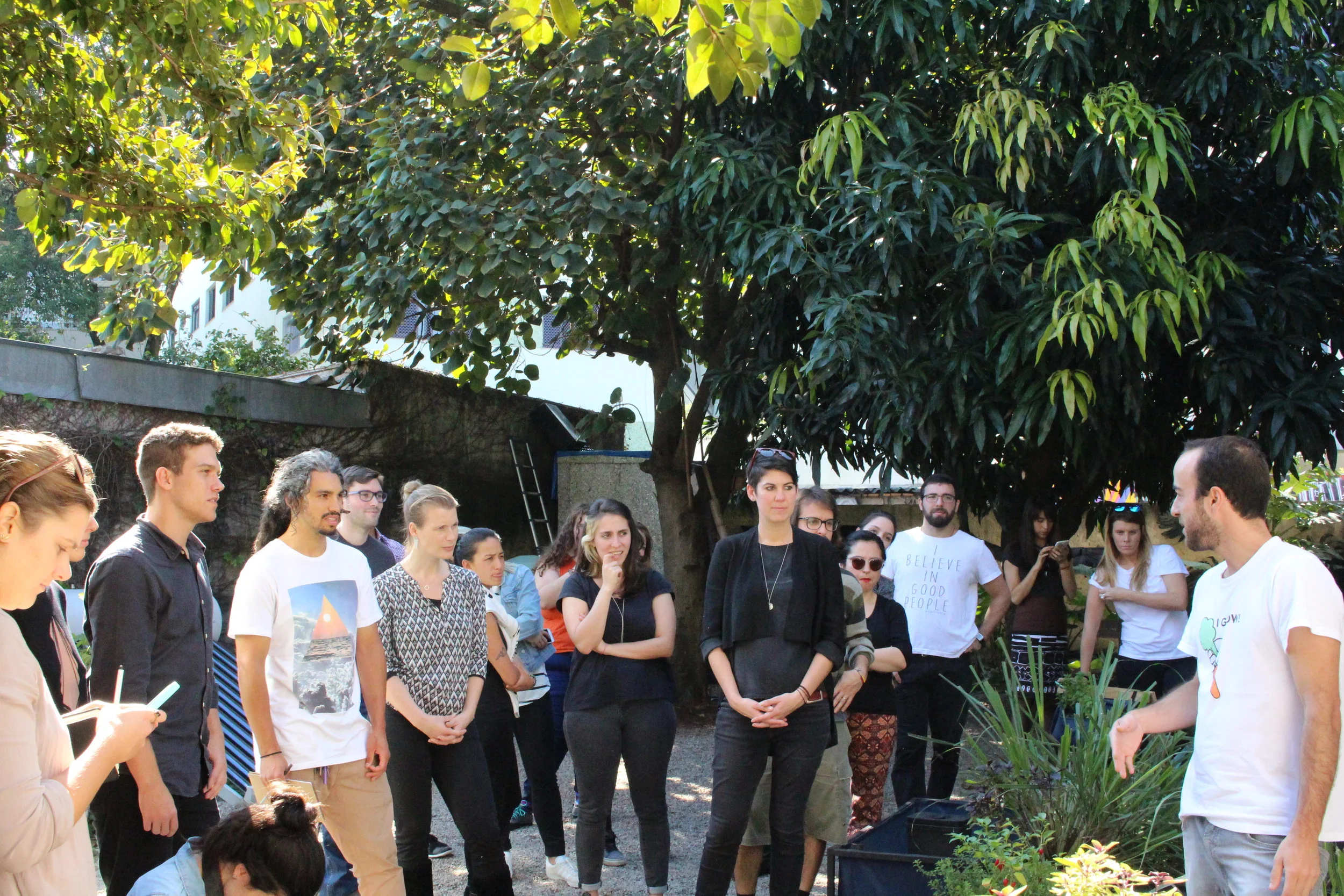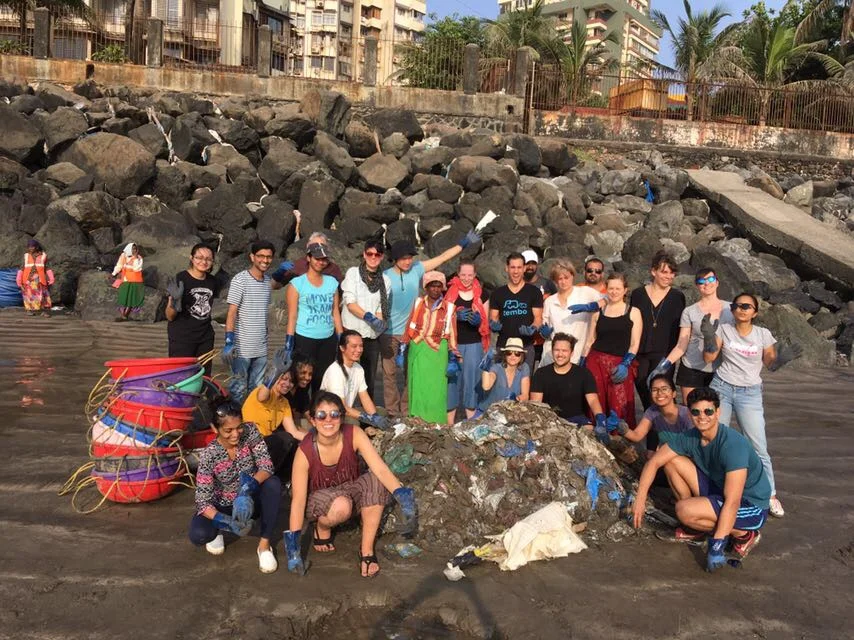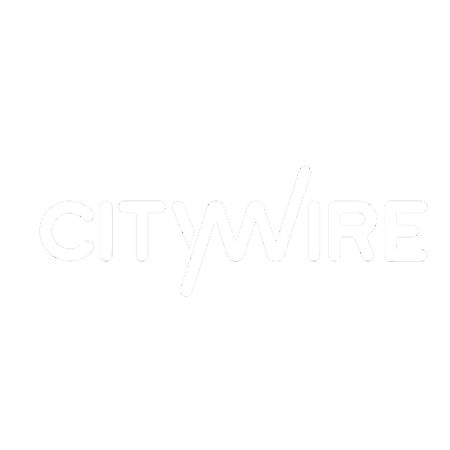By Leyla Acaroglu
5 years ago I started a school for adults to activate systems change and sustainability through design and creative problem solving. here is the 5 year birthday story, and what I hope happens next.
It was around five and a half years ago that I sat bolt upright in bed from a flash of an idea that had just woken me up. I grabbed a pen and scribbled on an old receipt: “UN-SCHOOL OF DISRUPTIVE DESIGN”. By the time I had gotten out of the shower and dressed, I had the full concept formulated in my head. I spent the next few weeks obsessively sketching out a pitch deck in InDesign, and the following weeks shopping it around for seed funding to places like Autodesk.
At the time, in late 2014, I was in the final stages of my PhD and the entire experience of doing it had somewhat scarred me on the reductive nature of adult education. This was combined with several years of experience in the ‘real world’ through running my first creative agency (Eco Innovators) and developing all sorts of design education tools and projects for advancing sustainability.
These experiences had taught me so much about just how broken the way we educate is, and I was also feeling pretty isolated in my personal goals of wanting to contribute to having a positive impact on the world around me. I had assumed that I was not the only one feeling this was, and perhaps that there were others out there who also wanted to activate creative ways of getting shit done in a positive way — so I set the intent to design something new that could have a global impact. That something turned into this, the UnSchool, and on September 5th we turn 5 years old.
I never did receive any seed funding, but I did channel all my energy, creativity and personal funds into building this crazy little intervention anyway. Today we celebrate many things — mainly that we have made it here to this milestone and made some creative change along the way, and plan on making much more positively distribute change!
Why start a school for adults?
For several years I had been teaching sustainability at all different age levels, going into primary schools and running programs at Universities as well. The one thing that was blindingly obvious to me was that many people were confused or overwhelmed by sustainability, and these feelings created a lot of inertia and resistance — mainly from the adults. The kids totally got it.
A few years before I started the UnSchool, I had been doing a project back home in Melbourne, where I had been invited into primary schools to teach an introduction to sustainability and life cycle thinking. I had developed interactive games for six year olds to learn about life cycle thinking by printing images of the life cycle stages of fun things like chocolate chip cookies, and stuck them to little cards so that they could work together to map the life of a product. The kids got the concept really quickly and would make insightful comments like, “The factory uses energy, which releases gasses into the sky that makes the weather change,” — all unprompted, I might add. I think it was the third or fourth school in a row when as I was leaving the class, the teacher stopped me and said, “This is so interesting! I had no idea about any of this stuff.” Another one had just told me she was so grateful I had come because she was so swamped that she just didn't have the time to do the research to be able to teach the content that was now required in the curriculum.
These experiences and many others I had been designing and running for young people became the inspiration for the creation of teacher support tools that were interactive and easy to use, like the Design Play Cards and The Secret Life of Things animations.
For years after this work, the teacher’s words still echoed in my head, and I kept thinking, If these people are teaching the young people, then who is teaching the teachers and the rest of the adults? After all, they are the ones with the power to make the changes that we need in order to bring about a sustainable and positive future. So, the idea of a school for adults, focused on experiential and immersive education that blew minds and supported rapid transformative change was born. The moment I finished the first draft of my thesis, I left Australia for the United States to start this crazy idea — which wasn’t really fully formed until that day I sat bolt upright in my bed (actually just an air mattress in a Brooklyn sublet).
A quick side note: the Secret Life of Things project won a Melbourne Design Award, helped change the high school curriculum in Australia to include life cycle thinking and sustainability, and ended up in the Leonardo Di Vinci Museum in Milan and the National Gallery of Victoria. I had such a small budget that I did all the voiceovers (yes they are terrible!) and I even enlisted my little brother for this one the final in the series!
The Pain and Joy of Starting Something New
The process of starting anything new is a combination of sheer panic, adrenaline, and massive amounts of courage. When I went to register the name The ‘UnSchool of Disruptive Design’ in New York City, the lawyer called to tell me that it was rejected by some authority unless I could get an official letter from the United Nations saying that we could use ‘Un’ in front of school, in case people thought it was a brand impeachment on the United Nations! Five years ago, I was not in a position to just call up the UN and get that kind of thing. So instead, I registered a company called Disrupt Design and a couple weeks later, threw a party in a gallery on 5th Avenue that I had managed to convince someone to lend me.
We invited anyone I had heard of from the design and social innovation community in New York (of which none I knew), and 150 people showed up (I even hired some buskers from the subway who later become friends). It was really a fantastic way to launch this project into the world. I had concepts up all over the wall and a giant interactive find-a-word poster for all the types of things the UnSchool and Disrupt Design stood for. But of course, I had no idea how I was going to do all the aspirational things I wanted to accomplish from the UnSchool, like challenge the reductive education system, support systems change within the design community, or normalize sustainability in a new generation of creatives.
All I knew was that I wanted to make change and help others to make change too.
Then mini program that we launched with in NYC in Sept 2014 (and the old website we had!)
I really was playing out the ‘fake it until you make it’ mantra of startups, accidentally as it was, but nonetheless, I had started this thing and had absolutely no idea how to make it work. Did I mention that since I had not obtained any start up funding, I only had a tiny bit of money that I had taken from my first company? The lack of funds was a pain, but also a great influence, as I had to be very creative and agile.
A couple years in, the lack of funds coupled with my strong equity access ideals meant that I really did need to find a way to sustain the UnSchool. So, I started to look again for investments via the startup channels I had in NYC, and I quickly discovered just how perverse the startup world can be. I had been approached by a couple of people who had seen my TED talk and were interested in what I was doing. After a few months of making pitch decks and being rejected for being too idealistic, or even worse, getting hit on, I decided the startup world was just another way of exploiting people and turning good ideas into things to extract all the value for individual gains. So I then decided that I would prefer to make change rather than money from the UnSchool — and if that meant making money elsewhere from giving talks and doing creative projects and then reinvesting it back into an equitable and integrity-based project, then so be it. It also inspired us to diversify the way UnSchool earned money, from just in-person programs to building the UnSchool online.
Early on the, we ran all sorts of provicational events to activate and explore the communities desire for positive change. This was for our Park Demolition Tea Party.
From day one, the most important thing that I needed was a space to host workshops and events, so I traded my time to set my school up in the Center for Social Innovation (CSI) in NYC. For the next six months, I spent two days a week as the “Innovator in Residence,” and the rest of the week I ran lunchtime classes on all sorts of topics I wanted to include in the Disruptive Design curriculum. I solicited feedback from the beautiful humans who showed up for them, and threw a bunch of random events and fun experiences to engage people with this concept of experiential, non-traditional educational and collaborative learning (not to mention sustainability, systems thinking, and design for creative interventions that make positive impacts).
To name just a few things we did in those first couple years: secret dinner parties in construction sites, drink and design nights in tech company offices, verbal fight clubs in dive bars, and park demolition tea parties... in parks that were about to be demolished. Sometimes lots of people came, and other times not so many, but each time I learned what people were interested in and found inspiration for the next thing. It was certainly very stressful, as there was never really any money after we bought the beer in a keg that could be returned to the local brewery (and transported it on the subway!), as well as purchased 100 reusable vintage glasses that I lugged around NYC to stick to my no-disposables rule. But without all of this early community exploration and building, prototyping, and discovering, I would never have created the beautiful thing that is the UnSchool of today. In the end, hundreds of people came to these early community engagement events, and we now share these tools that were refined during those times with our alumni who run similar experiential programs with their communities of changemakers.
Six months into building the UnSchool, I advertised our first Emerging Leaders Fellowship program to happen in NYC at CSI, where I was still the Innovator in Residence. I built the concept for this 7-day, adventure-based learning experience and popped it up online with very little explanation about what would actually going to happen, other than to call for all the creative rebels who wanted to activate their career in making change. Over 80 people applied from around the world! So many incredible people applied for that first program that I went from wanting 10 people to accepting 16, and that first Fellowship was magical.
Columbia University heard about it, came and interviewed me, and made a video as part of a research project on alternative education. Those 16 courageous people came to help build this thing, and every program since then, hundreds of people have come and helped build it even more, bringing their passion and curiosity and above all, their commitment to learning how to design a future that works better than today. The UnSchool is the sum of its parts — the people — which makes it a beautiful complex whole of creative humans willing to activate themselves to contribute to a more positive and sustainable future. This is the shot of optimism that I get every time I run a program or meet an alumni. Despite how messed up the world appears to be, it’s also filled to the brim with humans wanting to help change the status quo and get to a more positive future.
After that first successful fellowship in NYC, we went to Mexico City, then Melbourne, São Paulo, and then next was Berlin. During these first few Fellowships, I called on friends and previous creative colleagues to help produce these highly complicated programs. Then Christchurch, the sixth program, was produced by one of our alumni (at 7.5 months pregnant as well!), and from then on, so was San Francisco and Mumbai. Next, Cape Town, which was our ninth program, was run entirely without me! I cried when I watched the video of this magical thing being made by others.
This year in November it will be our 10th Fellowship in Kuching, Borneo, and it's our first non-major city Fellowship program, hosted by alumni from our Mumbai program. I could write a million words on the appreciation I have for all these humans that come to help make magic happen because they care about sustainability, equality, and a future that works better for all of us. But instead, I recommend that you watch a couple of the fellowship videos to get a sense of just how chaotic and wonderful they are. For me, they are pure chaos and joy with massive amounts of human-made magic.
From Fellowships to an Online Learning Lab, a Brain Spa, and More
Five years later, here we are. Hundreds of people have come to in-person programs all over the world and are out there doing cool shit (in fact, every year we partner with the Ellen MacArthur DIF festival to showcase just a few of the creative changemaking activities of our alumni). We have won awards, created incredible partnerships with the UNEP and others, and designed curriculums around our content for Finland, and now Thailand as well.
We have almost 10,000 people taking courses in our online learning lab and recently started the Brain Spa in Portugal. I am immensely proud of this crazy idea that turned into people from all over the world connecting and supporting change. The fascinating irony is that after doing all this work and building this thing that I couldn’t officially name, I ended up being named as a Champion of the Earth by UN Environment in 2016 for my work in advancing science and innovation for sustainability. And as life seems to offer you many moments of irony, now, as a result of this affiliation, many people DO get us confused with the UN! But we are excited by our collaboration between the UnSchool and UNEP to activate sustainable living, and proudly share any affiliation as we launch the creative intervention we designed called the Anatomy of Action — so you know, full circle!
But that doesn’t mean that we’ve not had our share of challenges and made our share of mistakes. I have cried at least 5,000 tears of frustration and joy at getting this thing up off the ground, with no external financial support whilst obsessively trying to maintain the integrity of the idea and diversity of people who had access to it. One of the biggest challenges is finding the resources to ensure we can offer the content to a diverse array of people, so that it’s not just those with financial means that can get further educated in these fundamental thinking tools for the future.
One of the models from the start has been to ensure that every program has scholarships and equity access, which we fund ourselves. Nowadays, many people get supported by their companies to come to our programs, so that enables us to redistribute some of these earnings into covering scholarships for others who don’t have financial support. I have almost gone bankrupt a couple times, but ensuring that the UnSchool is available to many different types of people is at its core. We have given away somewhere around $200,000 in scholarships to emerging leaders who would otherwise not be able to afford to attend a program like ours because equity is just part of our DNA. Along the way, some forward-thinking companies have helped out, supporting particular fellows from emerging economies, or sponsoring us with coffee or wine for programs (we are a school for adults after all!), but mostly we just eat into any potential profits, which means we are basically a very undesirable investment proposition!
But this project is not about making money; it’s about making change. I am really committed to supporting as many people as I can with our tiny-but-mighty team in uncovering the tools needed for making positive change. We offer value exchange internships, and anyone can apply for an equity scholarship for our online programs too. Obviously there are only so many programs we can run face-to-face, and even though I had initial resistance to online education, for the last two years, we explored, prototyped, and developed an interactive blended learning model that enables people to activate their leadership for change by equipping them with the tools they need to do so.
Another exciting development: we now have a certification system so that anyone who engages with our content can choose to validate their changemaking work and perhaps even go on to teach our method themselves!
The development process for our certification system was tough and long, as I wanted to ensure that it was not just someone sitting in their room watching videos, but instead that we had a mechanism for motivating local community action. This all resulted in our community activation points system that builds in many aspects of motivated community participation by encouraging people to do different things to gain the needed points for their certification level.
Our first approach was more of a pick-your-own adventure style system that didn’t quite work, as busy people need motivation, and many of the early adopters asked for more structure to support them moving through to a level they knew would validate them. So, I went back to some of the things that I had used to motivate me through my PhD and drew on the tactics I had developed to get me to the end goal (which was a challenge to say the least). Tools like a reflection and process journal, along with gamified tasks that I had set myself to apply new knowledge — these all helped inspire the version 2.0 of our certification system that we launched a few months ago, and now have many people tracking through!
The Practitioner, UnMasters, and Educator tracks are the outcome of these past five years and then some, teaching people how to activate themselves to make change. The format is designed to guide people through the complex content month by month, offering pauses and fast tracks. We are just about to certify our first few educators who then will be able to teach our content and run their own programs wherever they are in the world. The UnMasters is designed for career changemakers and entrepreneurs, and the Practitioner for people wanting to validate their skill set for creative change and positively disruptive design.
Future Thinking: Do I have to have a 5-Year Plan?
So what about the future? I am not into making five-year plans usually, but for the UnSchool, I do have one. In five years, when we turn 10 years old, I would love for the UnSchool to be obsolete. I hope that we have created a momentum and supported enough leadership and experiential learning provocations that others are taking the pedagogical approaches and ideas and seeding them in new and exciting ways. This is why the current certification model is so important, as I hope that with enough supported emerging leaders, we can create a continuum of change that evolves and expands exponentially until we have addressed many of our pressing problems in entirely new and unique ways.
On a personal level, I want to have disrupted the way we educate enough to ensure that the future of knowledge transfer is experiential and transformative, not reductive and linear, as it is so often the case today. I want to see that we design curriculums that are dynamic and hands-on, so that we equip people of all ages with the tools they need to agentize themselves in a world that needs creative changemakers as much as it needs bankers and engineers. I would love for a 15 year old to answer the question, “What do you want to do for your career?” with, “Be a creative changemaker and help design a future that works better than today,” and for that 15 year old to have that opportunity available to them, no matter where they are in the world.
And say in five years the UnSchool is still needed and we have not achieved these ambitious disruptive goals? Then I hope that the people who come to help build it each time will be more activated to continue to build it even more, be organized and inspired enough to take the ideas and spread them even further and deeper so that we can work toward solving some of the complex issues afflicting this beautiful planet that we all share.
What are the big challenges that we face in activating this change over the next five years? I see a bit of a battle in managing the digitalization of content, knowledge, and all the competition for attention that is going on as we move ever closer to a digitally-addicted age. I am not a Luddite; I love technology and all the life enjoyment that it brings. But there are a lot of trade-offs that we must contend with, and one such issue is the manipulation of digital social spaces by larger powers for the misdirection of people into more narrow pathways of thinking and doing. All of the platforms for social sharing seem to have converged along the same pathway of attention-seeking behaviors, and this is something I have grappled with ever since communicating ideas became about competing for attention in ever-more ludicrous ways in a saturated market.
So, our big question now is, “What does ethical and equitable communication look like?” And how do we do it when two giant companies, Google and Facebook, own most of the digital communication space and require you to ‘pay to play’, funnelling you evermore into a myopic view of the world and the ways in which you can get access to ‘your’ people? This is a big challenge for us and many more integrity-based organizations, as the system is designed to extract more of your time as a viewer and more of your capital as a producer. Understanding our digital carbon footprint and working toward sustainable and equitable digital policy is our new goal. We, like many others, just don’t understand the impact of our actions every time we upload an image to Instagram or release a new video. So we are working on that, and hope to have some way of sharing the learnings from this soon so that we can have more ethical intentions with our digital actions.
To start this transition, we developed a more long-form communication exchange through our weekly journal articles (which you are reading now!), in which we cover topics relevant to our community and highlighting the incredible inspiring activities of our alumni.
If the UnSchool has taught me anything, it is that everything worth doing requires work, and that the work you do teaches you how to do things better, or at least helps refine the way we each operate our life on this beautiful shared spaceship Earth. As I have mentioned in many interviews, one of the main reasons I ditched design school to become a sustainability-focused sociologist was because I had learned that everything was interconnected and that would mean I would have negative impacts without knowing it, which to me, seemed ridiculous. I know not all we do can be managed or controlled, and sometimes good intentions lead to not great outcomes. But we can throw our energy and creativity at the problems that persist in the world we live in, helping to etch away at them bit by bit so that we get to a place in the future, however far away that is, that is better, more equitable, sustainable, regenerative, and positive — otherwise, what’s the point?
What I have learned
Reflection is key to what we teach, so here is me giving myself a challenge to come up with the top five things I have learned from making the UnSchool:
Starting things is hard work, but everything worth doing requires work
Money does not always equal change; it helps, but change is valueless
It’s possible to get a lot of shit done in a small amount of time and still be energized by it, especially when you have good people to work with
Burnout is a real. It creeps up on you, and when it happens it hurts to have lost all the passion for what you do. But the solution is to rest and regenerate, and then get right back to it
There is no such thing as wasted time, just paths you go down that may not end up where you intended. But, the place you land will have some value to offer in getting you to where you want to be
AND a big thank you to all these INCREDIBLE humans!
The UnSchool is the outcome of the people who come to it and over the years we have had hundreds of amazing and inspiring people join us on our adventures into systems change, sustainability and social impact. Here are the cohorts from our 9 emerging leaders fellowship programs!
THANK YOU, TO EVERY SINGLE ONE OF YOU!
2015 New York Fellowship
2015 Mexico City Fellowship
2016, Melbourne Fellowship
2016 São Paulo Fellowship
2016 Berlin Fellowship
2017 Christchurch Fellowship
2017 San Francisco Fellowship
2017 Mumbai Fellowship
2018 Cape Town Fellowship
